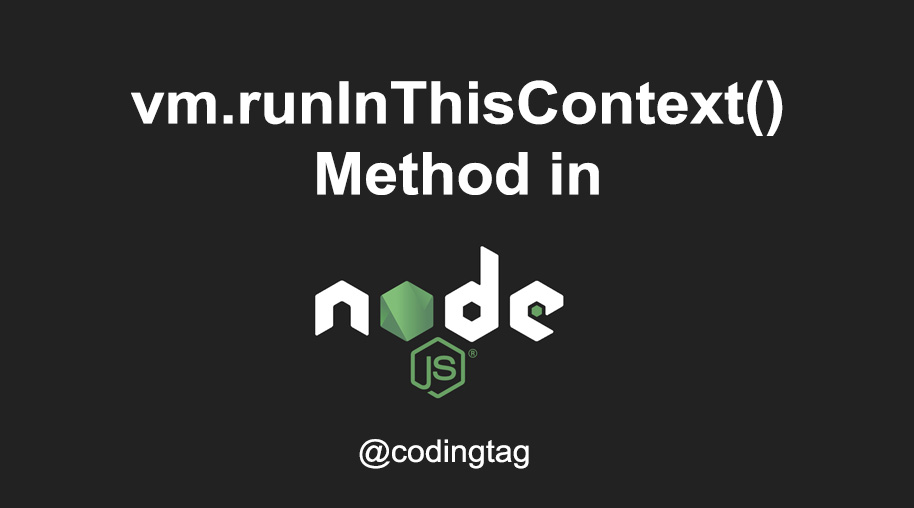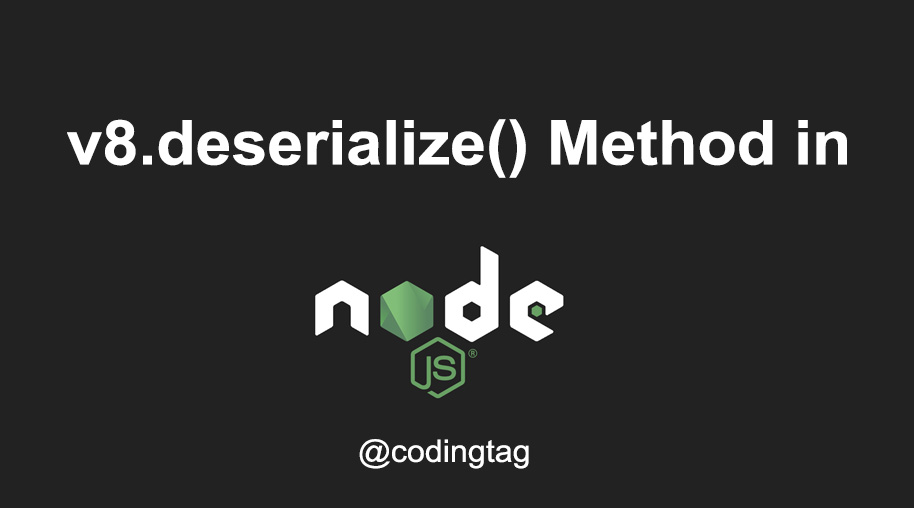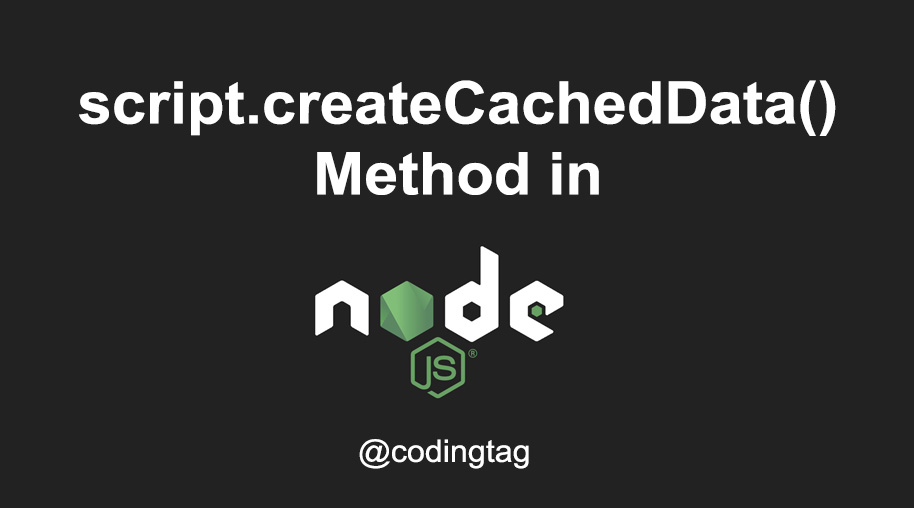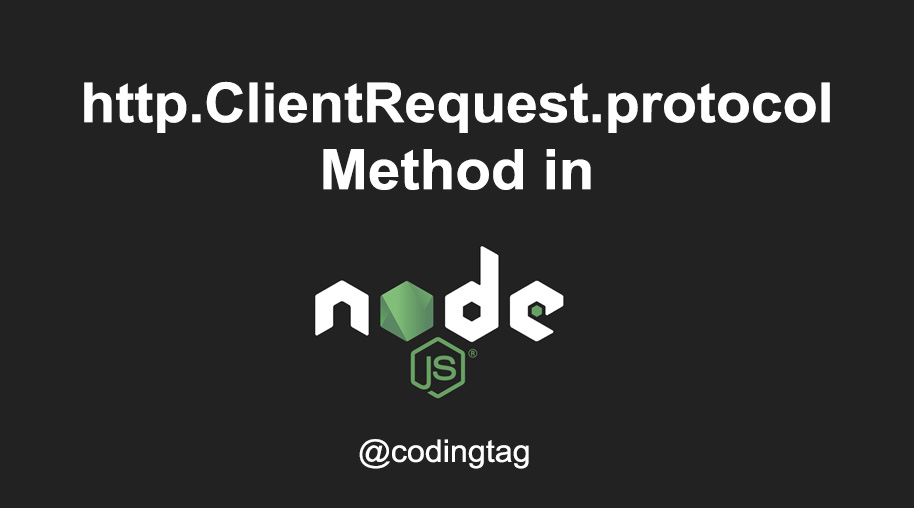Events in Node.js
0 1091
Introduction to Events in Node.js
Node.js is built around an event-driven, non-blocking I/O model. This makes it highly efficient for handling asynchronous operations, such as reading from files or making API calls. At the heart of this design is the concept of events, and Node.js provides a robust mechanism for event handling using the EventEmitter class. Understanding how events work in Node.js is crucial for writing efficient and scalable applications.What Are Events in Node.js?
In Node.js, an event represents an occurrence that can be responded to within the program. Events are an essential part of Node's architecture and are handled using an EventEmitter object. These events can be anything from user inputs, HTTP requests, or internal signals such as completion of a task. When an event is emitted, Node.js executes associated callback functions to handle the event.The EventEmitter Class
Node.js uses the EventEmitter class to manage events. This class provides methods to register listeners for events and trigger events. The core functionality of Node’s event-driven architecture relies heavily on the EventEmitter class. Here's a quick look at how you can use the EventEmitter class in your applications:const EventEmitter = require('events');
const eventEmitter = new EventEmitter();
// Create an event listener
eventEmitter.on('event', () => {
console.log('An event has occurred!');
});
// Emit the event
eventEmitter.emit('event');
In this example, we create an event named 'event', register a listener for it, and emit the event. When the event is emitted, the registered listener is executed, printing the message to the console.
Creating Custom Events
One of the powerful features of the EventEmitter class is the ability to create custom events. You can define your own events and specify the actions to take when those events are triggered. Here’s an example where we create a custom event called'greet':
eventEmitter.on('greet', (name) => {
console.log(`Hello, ${name}!`);
});
eventEmitter.emit('greet', 'Alice');
When this code runs, it emits the 'greet' event, and the listener logs a personalized greeting to the console. The emit method can pass arguments to the listener, which can be used to customize the behavior of the event.
Handling Multiple Event Listeners
EventEmitter also allows you to attach multiple listeners to a single event. Each listener function will be executed in the order in which they were added. Here’s an example:eventEmitter.on('message', () => {
console.log('Listener 1: Message received!');
});
eventEmitter.on('message', () => {
console.log('Listener 2: Message received!');
});
eventEmitter.emit('message');
Both listeners will be called when the 'message' event is emitted, allowing you to perform different actions in response to the same event.
Once Method
In some cases, you might want a listener to run only once for a particular event. Node.js provides the once() method to handle this. The listener will be automatically removed after it has been triggered once. Here’s an example:eventEmitter.once('onceEvent', () => {
console.log('This will only run once.');
});
eventEmitter.emit('onceEvent');
eventEmitter.emit('onceEvent'); // No output after the first emission
In this example, the listener for the 'onceEvent' will only be executed the first time the event is emitted. Subsequent emissions of the event will not trigger the listener.
Event Handling with Asynchronous Code
Since Node.js operates in a non-blocking environment, it’s essential to handle events asynchronously. Most event-driven functions in Node.js, such as reading files or making HTTP requests, are asynchronous. The callback functions associated with events are executed once the asynchronous task completes. Here’s an example of using an event to handle asynchronous operations:const fs = require('fs');
const readEventEmitter = new EventEmitter();
// Create an event listener for file reading
readEventEmitter.on('fileRead', (data) => {
console.log('File content:', data.toString());
});
// Asynchronously read a file
fs.readFile('example.txt', (err, data) => {
if (err) throw err;
readEventEmitter.emit('fileRead', data);
});
This example reads a file asynchronously, and once the file is read, it emits the 'fileRead' event and passes the file content to the event listener.
Conclusion
Events are an integral part of Node.js, making it possible to write non-blocking, efficient applications. By leveraging the EventEmitter class, you can create, manage, and respond to events in your Node.js applications. Understanding event handling is essential for anyone looking to build scalable and responsive applications using Node.js. Whether you're handling custom events or working with asynchronous tasks, Node.js's event-driven nature gives you the flexibility to build robust systems.If you’re passionate about building a successful blogging website, check out this helpful guide at Coding Tag – How to Start a Successful Blog. It offers practical steps and expert tips to kickstart your blogging journey!
For dedicated UPSC exam preparation, we highly recommend visiting www.iasmania.com. It offers well-structured resources, current affairs, and subject-wise notes tailored specifically for aspirants. Start your journey today!

Share:







Comments
Waiting for your comments